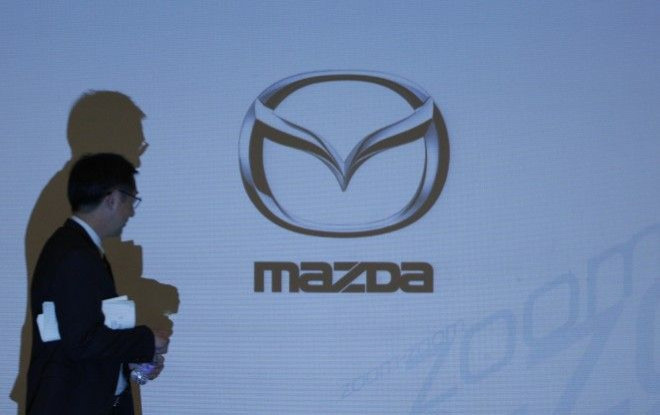Mazda Says 107 Employees Have Accepted Its Buyout Offer

Mazda announced Friday that several dozens of its US employees had agreed to the voluntary buyouts as a part of the automaker's effort to make profits.
The Japanese automaker, which is currently in the process of a global turnover that CEO Takashi Yamanouchi described as spectacular structural transformation, said 107 employees had accepted the stakes in the buyout offer, Auto News reported.
Select employees, constituting 15 percent of the company's workforce in the northern continent, will be relieved by July 2. They will be offered separation pay, a lump-sum payment based on years of service and assistance locating a new job, as part of the company buyout package, the website said.
In a memo addressed to the company employees earlier this year, Jim O' Sullivan, CEO of the North American operations segment, said Mazda was in the midst of an extremely challenging business environment. It has become necessary for us to reexamine our business to accelerate further cost improvements, according to Auto News.
Initially, all 701 employees of Mazda North America unit were offered buyouts in advance of the reorganization of the company's financial operations as announced in March. Involuntary cuts could manifest if the voluntary buyout rate were unsatisfactory, O' Sullivan said. Further dismissals would be considered once restructuring of the company was achieved, Mazda spokesman Jay Amestoy said, according to the report.
Touted as the most unprofitable company among Japan's eight biggest carmakers, the company was looking towards an uncertain future with losses soaring to 107.7 billion yen ($1.3 billion) for the fiscal year ending March 2012, up from the previous year's 47.7 billion yen. The losses are mainly attributed to dwindling automobile sales and currency issues which have eroded profits.
The crisis has forced the automaker to nearly sell its $2 billion in new stock for manufacturing operations in Mexico and Thailand, according to Auto Blog. The company is reportedly on the lookout for a partnership with other automakers, other than Ford, whose long-term association with Mazda suffered during the economic downturn in 2008.
In 2007, Ford owned a 33 percent stake in Mazda. However, by 2011, it had reduced the stakes to less than 4 percent and is no more a majority shareholder, According to Automotive Addicts.
The latest press release from Mazda North American Operations has indicated an increase of 17.2 percent on a daily selling rate basis up from last year, with over 21,000 vehicles sold in the US alone this April. In terms of a year-to-date basis, over 100,000 vehicles were sold representing an increase of 22.7 percent.
© Copyright IBTimes 2025. All rights reserved.





















